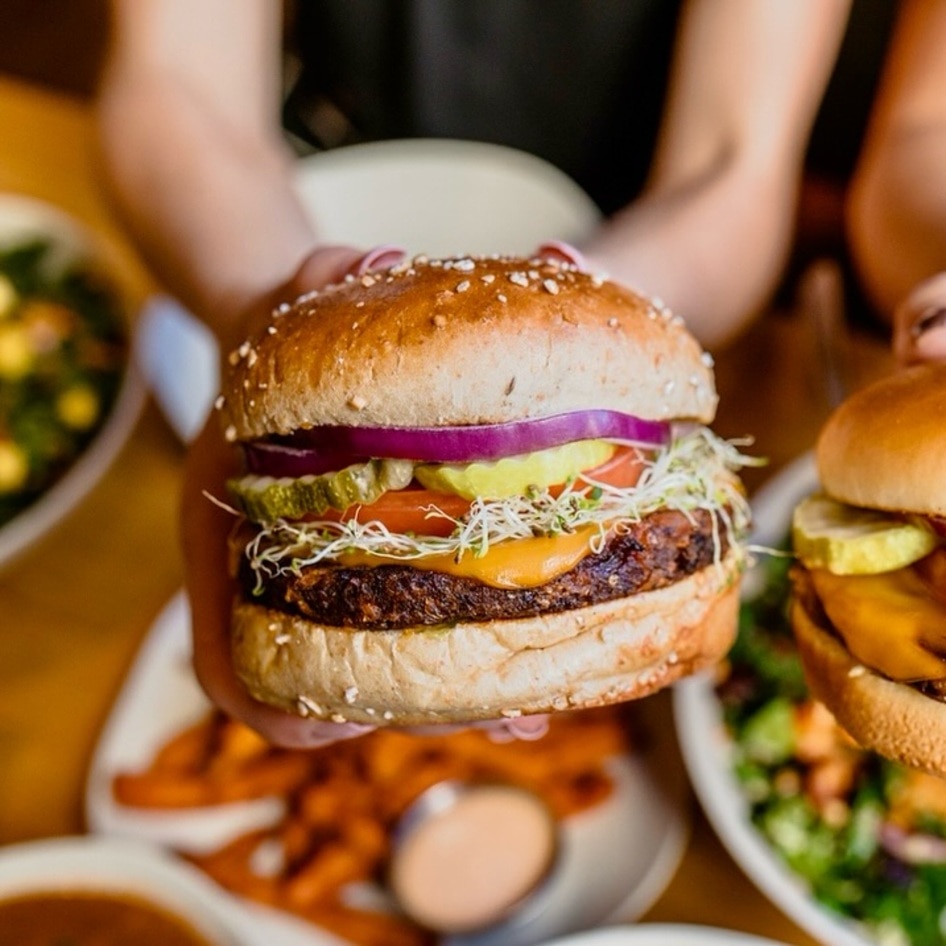The UK is taking a big stand against what it deems to be “junk food.” Recently, the government announced that as of October 2025, TV and social media adverts for candy, cakes, soda, and other similar foods will have new time restrictions, while some will be banned completely. The idea is to improve the entire nation’s health, but particularly that of children. According to Health Minister Andrew Gwynne, the UK is dealing with a “childhood obesity crisis.”
The country’s ban even includes foods that might have been previously considered healthy, like packaged instant porridge and muesli, for example. This is likely because they fall into the ultra-processed category, and can be high in salt, saturated fat, and sugar.
“This is the first step to deliver a major shift in the focus of healthcare from sickness to prevention, and towards meeting our government’s ambition to give every child a healthy, happy start to life,” Wes Streeting, the UK’s Secretary of State for Health and Social Care said in a statement about the new regulations.
There is no doubt that reducing the intake of foods high in salt, sugar, and saturated fat, and adopting healthier eating habits can help improve public health. A growing body of research confirms that a plant-forward, Mediterranean-style eating pattern, low in ultra-processed foods, is one of the healthiest ways to eat. It has been linked with everything from a lower risk of cancer to improved brain health, for example.
But one new study suggests that treating ourselves to some of the very foods that are being banned from advertising in the UK might actually come with some health benefits. The takeaway? While reducing ultra-processed foods is important for public health, moderation and nuance are also key when it comes to healthy eating.
New study says indulging in sweet treats is good for our health
The new study, which was conducted at Sweden’s Lund University and published in the journal Frontiers in Public Health, examined the dietary habits of more than 69,700 people over the course of 22 years using surveys.
The findings suggested that indulging in sweet treats, like ice cream, chocolate, and pastries, could have some significant benefits, particularly for cardiovascular health. In fact, the occasional indulgence was associated with a reduced risk of seven cardiovascular diseases, which included ischemic stroke, hemorrhagic stroke, heart attack, heart failure, aortic stenosis, atrial fibrillation, and abdominal aortic aneurysm.
 Pexels
Pexels
However, it wasn’t all good news for treats. Drinks sweetened with sugar (like soda and fruity drinks) increased the risk of cardiovascular diseases, while sweet toppings (like honey, jam, and table sugar) were linked with a reduced risk of heart failure and aortic stenosis, but a higher risk of abdominal aortic aneurysm.
Ultimately, the findings bring into focus the importance of nuance when discussing food choices.
A need for nuance in health guidance
Research also shows that indulging in our favorite foods can be good for our mental health. “Pleasure of any kind, including pleasure from food, leads to a release of dopamine in the brain,” Aleta Storch, RDN, MHC told Healthline. “Dopamine is often referred to as the ‘feel good hormone’ because it activates the reward pathways in the brain, which helps to promote happiness, calmness, motivation, and focus.”
The conversation around ultra-processed foods, or UPFs as they’re often known, also lacks a little nuance, according to some experts. Many people enjoy instant porridge, for example, and while it can be high in saturated fat, salt, and sugar, it also provides important nutrients like protein and fiber.
 Pexels
Pexels
“Believe it or not, some UPFs can actually play a role in a well-balanced diet,” Sapna Peruvemba, MS, RDN of Health by Sapna recently told VegNews.
“Some fortified cereals offer fiber, iron, and essential B vitamins,” she added. “Then there are foods that technically count as UPFs because of an ingredient or two but still bring nutritional benefits to the table. Think store-bought hummus, whole grain bread, or certain plant-based protein bars or powders.”
Whole foods are always best at the center of the plate, research suggests, but snacking on sweet treats and enjoying UPFs every now and again isn’t always a net negative for health. “Sometimes we just want a treat,” says Peruvemba. The key is to indulge mindfully.”
Fellow dietitian Brigitte Zeitlin, RD, also told Well+Good: “Food is nourishment in a lot of different ways. It is actual nourishment for our bodies, but it also nourishes our soul a little bit, and we should be eating foods we like, foods that feel good to us.”
For more plant-based stories like this, read:
JUMP TO ... Latest News | Recipes | Guides | Health | Subscribe









